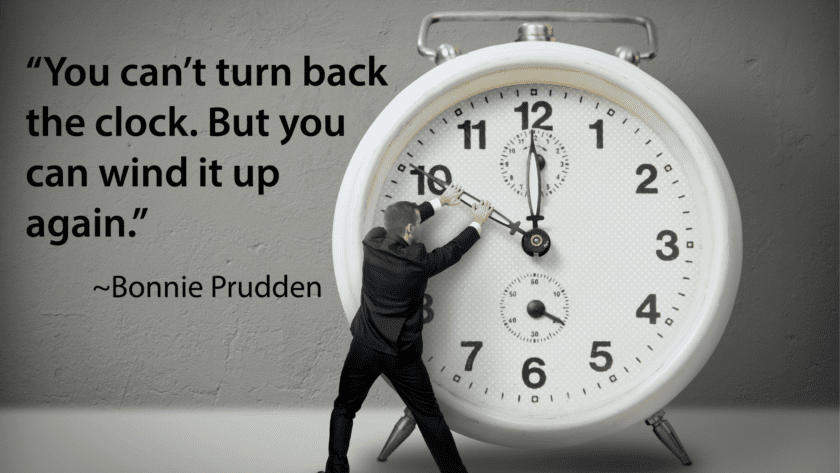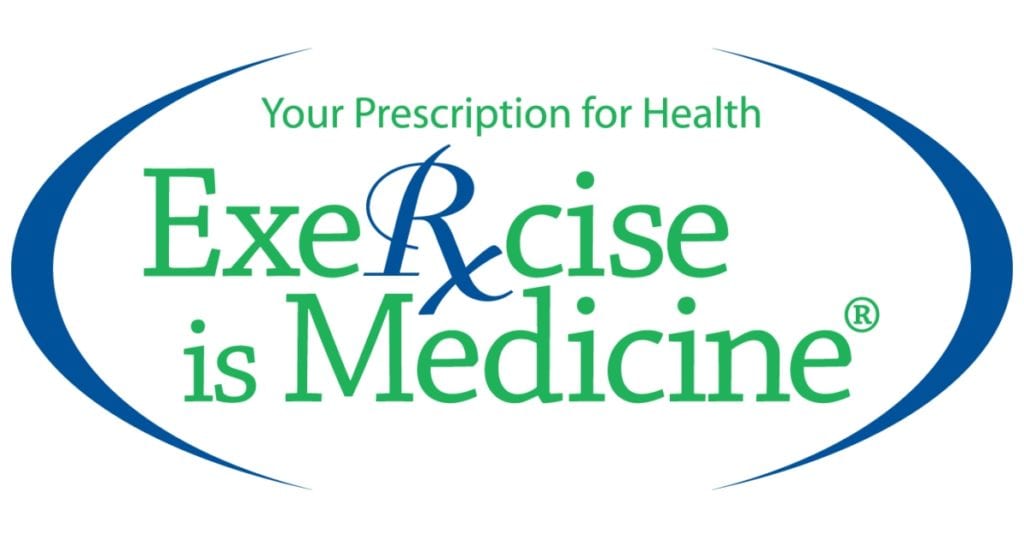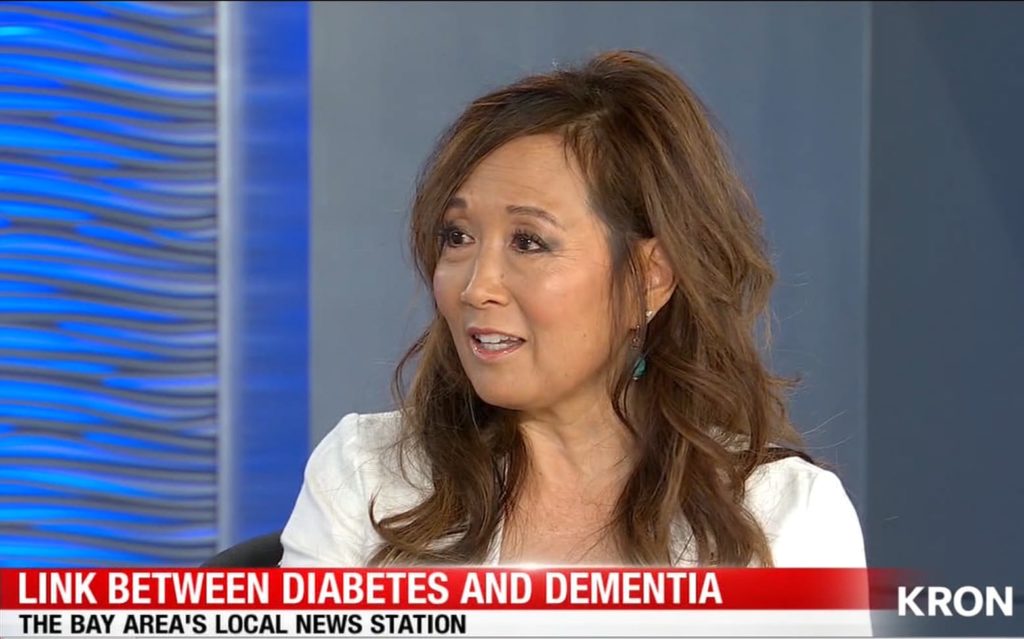The power of lifestyle as medicine goes back thousands of years, and there is now consistent scientific evidence to support its influence on health.
Today, 6 in 10 Americans have a chronic disease associated with the way they live.
Approximately 80% of chronic diseases and premature deaths in the U.S. circle back to the way Americans live.
Lifestyle diseases characterize diseases that occur primarily as a result of a person’s daily habits, resulting in chronic conditions, such as heart disease, stroke, type 2 diabetes, obesity, COPD, and dementia.
Some of the main contributing factors include eating habits, physical inactivity, stress, and an aging biological clock. One in 3 Americans has type 2 diabetes and/or pre-diabetes.
People with diabetes are 50% to 65% more likely to develop Alzheimer’s, also known as, “type 3 diabetes”.

Physical function is recognized as a powerful factor in the prevention and treatment of a number of health issues in older adults.
Quality of life (QOL) encompasses some key lifestyle domains, such as healthy habits: nutrition, exercise, a healthy environment, and a healthy mindset.
Lifestyle Diseases
Chronic lifestyle diseases and conditions associated with advancing age include:
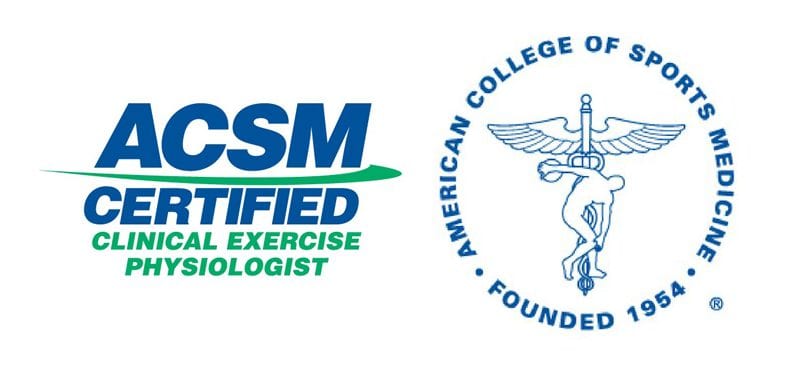 Cardiovascular disease
Cardiovascular disease- Diabetes
- Stroke
- Osteoarthritis
- Osteoporosis
- Overweight / obesity
- Dementia
- Sarcopenia
- Other sensory impairments (vision, hearing, touch)
Even in the absence of disease, physical inactivity can lead to physical impairments, such as muscle weakness, poor cardiorespiratory endurance, inflexibility, poor reaction time, postural instability, poor grip strength, and ultimately advancing age.
Some of the major medical society guidelines and recommendations emphasize lifestyle as first-line medicine (i.e., lifestyle interventions), which integrates exercise, nutrition, sleep, a healthy mindset, and other “lifestyle” modifications.
All ages and abilities can be accommodated with modalities and intensities that maximize each individual’s level of physical function.
Be Fit, Not Frail
Sarcopenia is a component of “frailty syndrome”. It is the loss of skeletal muscle mass, strength, and function — a consequence of normal aging:
- After age 30, inactive adults lose 3% to 8% of their muscle mass per decade.
- At around age 50, muscle atrophy (wasting away) becomes most noticeable.
- After age 50, muscle decreases by 5% to 10% per decade.
- From age 50 to 65, about 15 pounds of muscle mass are lost.
- By age 85+, half of these adults needs some assistance with everyday activities and falls are more likely.
Chronic and yo-yo dieters are apt to lose even more muscle per decade because 25% of weight lost is muscle. Weight regain is typically very swift.
Without the proper foods and exercise to rebuild muscle mass, functional ability will decline (a downward trajectory).
Eight indicators of frailty syndrome include:
- Weakness
- Fatigue
- Weight loss
- Low physical activity
- Poor balance
- Low gait speed
- Visual impairment
- Cognitive impairment
Live a Longevity Lifestyle
Exercise and nutrition are intimately related. Think of them as two wheels on a bicycle. If one is faulty or inadequate, you end up with a dysfunctional bicycle.
Anti-Aging Movement
Proper exercise interventions and adequate nutrients are essential to avoid and combat frailty syndrome.
Various exercise modalities are used to enhance functionality. Functional training incorporates:
- Neuromotor exercise — balance, coordination, gait, agility, and sensory training
- Interval training
- Low-impact plyometrics
- Functional circuits
Anti-Aging Nutrition
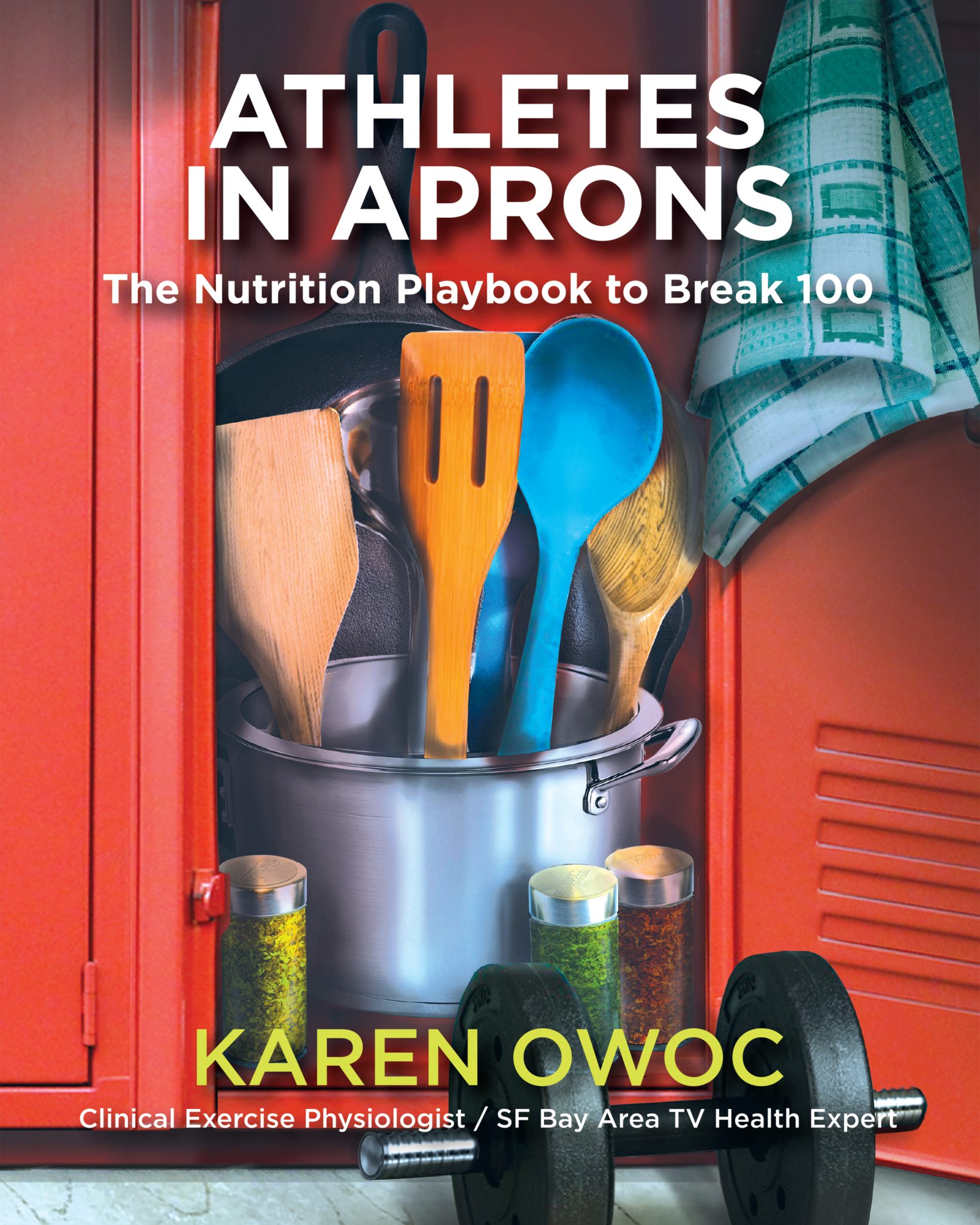
Learn the how-to’s in following a whole food, plant-based lifestyle.
Studies have shown that a plant-centered lifestyle consisting of minimally processed foods may prevent and even reverse chronic diseases as well as strengthen immune function.
One in three Americans has type 2 diabetes or pre-diabetes, a lifestyle disease associated with Alzheimer’s.

Background
- Bachelor of Science in Kinesiology, concentration in Biodynamics
- Certified Clinical Exercise Physiologist, American College of Sports Medicine
- Certified Cancer Exercise Trainer, American College of Sports Medicine
- Pulmonary Rehabilitation Certificate, American Association of Cardiovascular and Pulmonary Rehabilitation
- Certified Memory Program Specialist, University of California, Los Angeles
- Certified Fitness Nutrition Specialist, American Council on Exercise
- Certified Orthopedic Specialist, American Council on Exercise
- Certified Balance Training Specialist, Zibrio
- Certified Living Strong, Living Well Instructor (cancer), Stanford School of Medicine
- 2014 San Francisco Peninsula Press Club Award
- 2008 Richard M. Aronson Special Service Award

